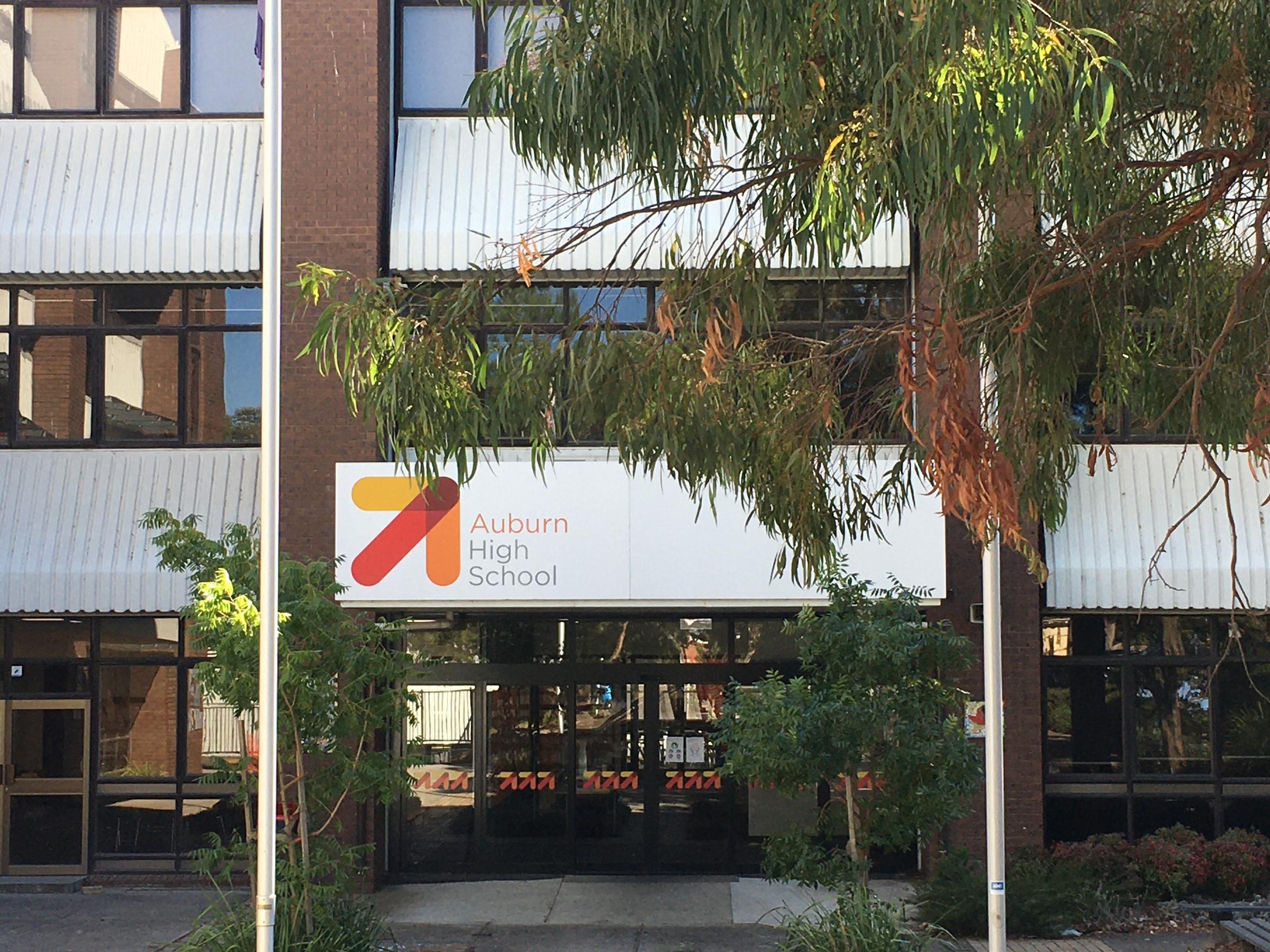From the Acting Principal
Ross Pritchard

From the Acting Principal
Ross Pritchard


Welcome back to another exciting term at Auburn High School. I hope you have all had a wonderful break and that you are rested and ready to take on the opportunities ahead this term. I took the opportunity to catch up with my family, and enjoyed playing golf, tennis, and attended some concerts.
Term 2 is a good chance to extend on the positives of Term 1, reflect on areas needing improvement and to look forward to what is next. Sometimes coming back from holidays is an interesting transition that takes time to adjust to. For others, life continues seamlessly. I recently re-read Atomic Habits by James Clear which I highly recommend, it contains many helpful frameworks for forming positive habits. In summary, the author uses some core themes to assist in achieving personal change. (This next section is not produced by AI).
Firstly, the point is made that ‘Small Habits make a big difference’. It is human nature to choose the most difficult path and to be overly critical of oneself. The opposite of this is focusing on being one percent better every day. Playing the long game in habit change is about small wins and overcoming minor setbacks. One percent better each day equates to about 37 times better at something each year. Learning that little bit of French each day, doing a little bit more exercise each day, eating more fresh food every day are all examples.
Secondly, there is a focus on system change, not setting specific outcomes. The processes you put in place are the key to successful habit change. Bad habits repeat themselves because your environment provides a cue, this leads to a craving, you respond to the craving and then the behaviour provides you with a reward (often not desired). The author says ‘you do not rise to the level of your goals. You fall to the level of your systems’. We often want to change, but our environment doesn’t allow us to. Using a buddy system or having a group of friends aiming for the same thing is helpful.
Thirdly, the author refers to identity-based habits. Our current identity reflects our current behaviours. If a change of identity is desired, then new habits and behaviours must be formed. Our actions, behaviours and language all mirror the type of person we are. “I” statements are very important here. For example: “I” am …, therefore “I” will… Use positive self-talk to reinforce your identity.
Finally, the book maps out steps in breaking bad habits and creating good habits. To embed a habit, you must make the habit/behaviour obvious, the desire to do the right thing attractive, the behaviour must be easy and the reward following the behaviour must be satisfying. Conversely, to break a bad habit, the cues must be invisible, the craving unattractive, responses difficult and the reward unsatisfying. For example: I am happier, have more energy and optimism when I am active. Each night I put out my running gear for my morning run, I keep a journal of my exercise sessions to see improvement and however I am feeling, I commit to running 12 minutes. Each week I have been running just a little further, and a little quicker. My reward is that I will be able to run the House Cross Country with the mighty Freeman.
Term 2 can be the time that you improve some habits and/or consolidate some habits that already exist. One percent better every day, means over five times better by the end of term. Give it a go!! Good luck.
There has been immense interest from prospective parents to enrol at our school, which is a testament to the positive culture and academic reputation we have established in the community. We have over 230 people booked to attend our school Open Evening on Thursday 4 May. In addition to this information night, Auburn High staff have been visiting some of our feeder Primary Schools and speaking with staff, students, and parents.
Following all our events, feedback from families is extremely positive. Parents comment on how passionate teachers are, how welcoming and inclusive our school feels and how impressive the examples of student work are. Our student helpers and tour guides do a marvellous job promoting our school and speak confidently when answering parent questions. Thank you to all staff and students for assisting in the promotion of our school. Thanks also to the many parents who promote Auburn High School in the community. There is nothing more effective to lift the profile of the school than your positive comments being shared in our community.
I would like to take this opportunity to outline some of the key elements of staff professional learning for the first half of this term. Staff actively participate in a dynamic series of sessions each term, and this provides support for the staff, strategies for teaching and learning and the basis for a positive schooling environment. These sessions are facilitated by leading teachers and learning specialists.
This session focused on defining resilience, promoting communication strategies, and supportive questioning that enables students to overcome speedbumps in their learning. A framework was provided and role playing between teaching teams completed.
This session focusses on assessment tasks being designed in a way that measures the learning growth of every student. Each assessment must be accessible to every student and reflect the teaching that has occurred. Teachers are provided protected time to look at data relevant to their classes and then design assessments that give every student the best chance of showing their best work.
With the current senior school reforms being implemented, staff will be guided through the various pathways that are open to our students. VCE, Vocational Major, VET options and the IB Diploma Program are all in play at Auburn High School. Course selection, course counselling and support strategies for students through this process will be covered.
Staff will select from sessions related to: AI applications for differentiation tasks, use of software to track student progress, using software for collaboration and time management, and use of shared drives to maximise the use of student data entry in designing curriculum, assessment, and reporting.